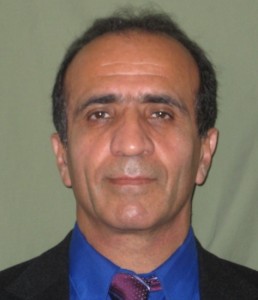Date & Time: Thursday April 8, 2010 – 7:30 PM
Location: Montgomery Community College (Rockville Campus) – Humanity Building (HU), Conference Room 009 ( Get Directions, Campus Map )
Speaker: Dr. Manouchehr Farkhondeh
Particle accelerators have been instrumental in discovery science and in establishment of current understan ding of building blocks of universe and material around us. Basic research with particle accelerators includes elementary particle physics, nuclear, biological and material sciences. Increasingly, particle accelerators are used as important tools for medical diagnostics and treatment including generation of radioisotopes and cancer therapy. In energy sector, it is envisioned that future advanced nuclear reactors may use particle accelerators to minimize nuclear proliferation threats. Particle accelerators can also be used for reducing nuclear wastes.
An introduction to fundamentals of charge particles and accelerators will be given followed with specific examples of applications of accelerators in discovery sciences. Presentation will also include applications of accelerators in medicine, industrial production, energy and environment.
About the Speaker:
Dr. Manouchehr Farkhondeh received a B.S degree in Physics from Tehran University and a Ph.D. degree in experimental nuclear physics from MIT in 1984. He conducted research for many years in experimental nuclear physics and accelerator science and technology using polarized electron beams from linear accelerators and storage rings. In 2006, he joined U.S. Department of Energy (DOE), Office of Science as a Program Manager for Advanced Technology Research and Development for Office of Nuclear Physics. He is responsible for a portfolio including the Small Business Innovative Research (SBIR) and Small Business Technology Transfer (STTR) programs and Accelerator R&D for the Office of Nuclear Physics.
Fee (including dinner): $5 Students, $15 Public

